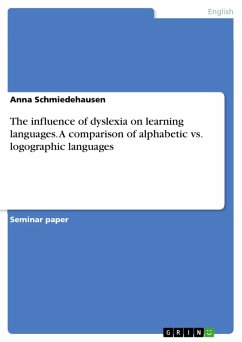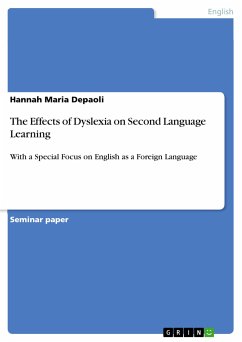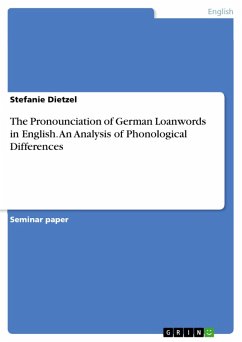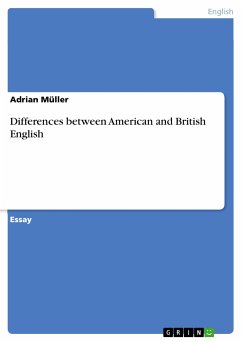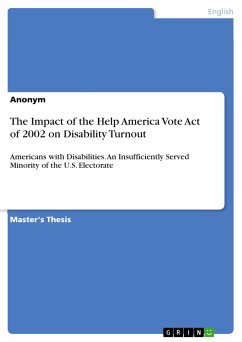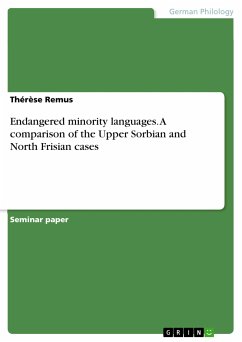Seminar paper from the year 2023 in the subject American Studies - Linguistics, grade: 2,3, Friedrich-Alexander University Erlangen-Nuremberg, language: English, abstract: This paper is going to examine differences in dyslexia throughout different languages and if learning different language systems can be easier for dyslexic people. The research question of this paper is as follows: Does dyslexia influence learning alphabetic languages more than learning logographic languages? In the first section of this paper the focus is on dyslexia and its underlying concept of phonological awareness. The next chapter focuses on dyslexia in different languages with special attention to the Chinese and the Spanish language. The following part focuses on different studies. The one had tested the brain activation of English and Chinese dyslexics as well as normal readers. The other study had tested the differences in performance of German dyslexics and German normal readers learning Chinese. After the study follows a discussion about the research results. In the final chapter there is a conclusion and the final answer to the above-mentioned research question. The literature used contains various current studies about the topic as well as secondary literature about dyslexia and the different languages. People who suffer from dyslexia can hardly decipher the text or not at all. The meaning of the word dyslexia has a Greek origin and is composed of the words dys which means 'difficult' and lexis which can be translated into "language". Dyslexia means to have difficulties with a language referred especially to written words. Dyslexia is a learning disability that negatively influences the learners reading and spelling ability regardless the persons intelligence and without any sensory or neurological deficits. It can be distinguished between acquired and developmental dyslexia. When a person has been able to read and write and lost this ability due to brain injury, this type is called acquired dyslexia. Developmental dyslexia manifests even before a child is able to read and write and it inhibits the development of these abilities. Developmental dyslexia is listed in the international classifications of diseases, mental disorders and related health problems. According to the European Dyslexia Association, dyslexia is distributed worldwide, independent of language and culture. About 9-12% of the world population suffer from dyslexia.
Dieser Download kann aus rechtlichen Gründen nur mit Rechnungsadresse in A, B, BG, CY, CZ, D, DK, EW, E, FIN, F, GR, HR, H, IRL, I, LT, L, LR, M, NL, PL, P, R, S, SLO, SK ausgeliefert werden.

